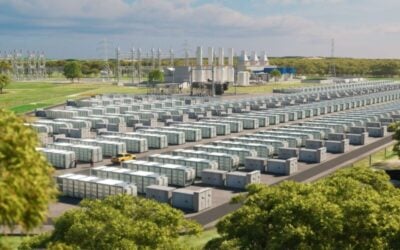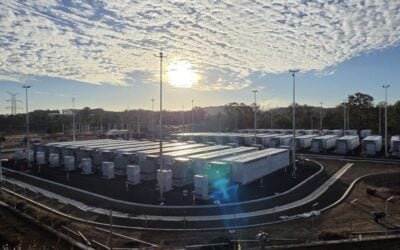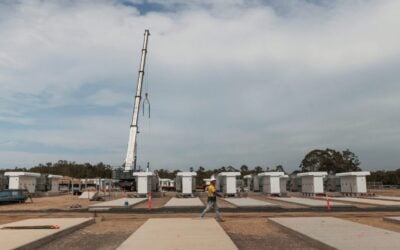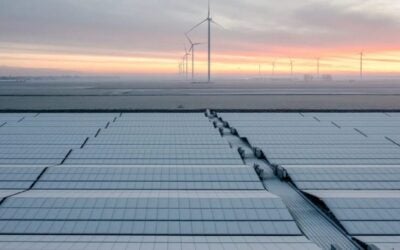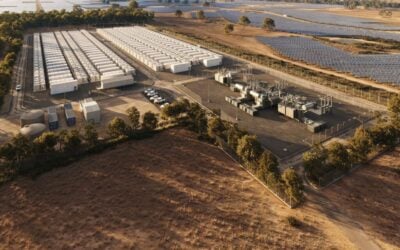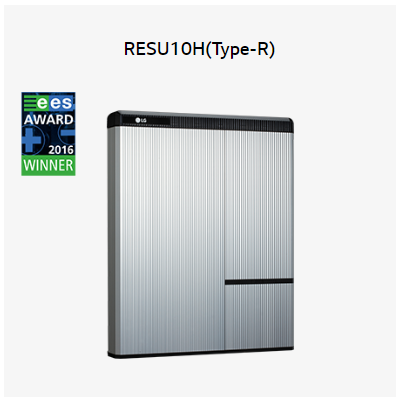
LG Energy Solution, formerly known as LG Chem, is offering free replacements to customers for some of its battery energy storage systems sold in Australia due to potential defects that could cause overheating.
A number of energy storage system (ESS) home batteries equipped with lithium battery cells from specific production lots produced during the period March 2017 to September 2018 “may overheat and catch fire,” a listing on consumer watchdog Product Safety Australia’s website said.
Batteries in four models of LG’s own RESU energy storage range could be affected, along with two ESS batteries made by the South Korean company but badged up for use in other manufacturers’ compatible ESS systems. Product Safety Australia urged customers that believed they had installed one of the home battery models listed to contact LG Energy Solution Australia for inspection and replacement, if applicable.
The company is also implementing a remote software upgrade to two of the RESU range units to limit charging to 90% capacity in order to lower maximum state of charge and ensure safety until they can be replaced. LG Energy Solution said it is working with the Australian Competition and Consumer Commission regarding the recall.
Try Premium for just $1
- Full premium access for the first month at only $1
- Converts to an annual rate after 30 days unless cancelled
- Cancel anytime during the trial period
Premium Benefits
- Expert industry analysis and interviews
- Digital access to PV Tech Power journal
- Exclusive event discounts
Or get the full Premium subscription right away
Or continue reading this article for free
The affected models are: RESU7H Type-R, RESU10, RESU10H Type-C, RESU10H Type-R, EM048063P3S4 and EM048126P3S7 that were supplied to distributors in Australia between 2017 and 2018.
Customers can find out how to check their system’s serial number from instructions posted at the company’s website here.
“LG Energy Solution has received isolated reports from the field about potential overheating incidents linked to a small subset of home energy storage system battery installations,” the company said in a note to customers on its website.
“As a precautionary measure and out of an abundance of caution, LG Energy Solution has decided to replace all potentially affected home batteries, equipped with cells from limited specific production lots, free of charge.”
The news comes shortly after the company also voluntarily recalled and offered to replace some of its RESU10H home battery systems in the US last December after receiving reports of five fires that caused damage to properties. Those systems were sold during January 2017 and March 2019, a slightly longer period than those thought to have a chance of being affected in Australia.
The US recall prompted solar and storage installer Sunrun, which offers LG Chem ESS units and Tesla Powerwalls as part of its Brightbox home solar storage solution, to start “proactively replacing batteries”. Of around 13,000 Brightbox packages installed, Sunrun said that around 5% had been affected.

